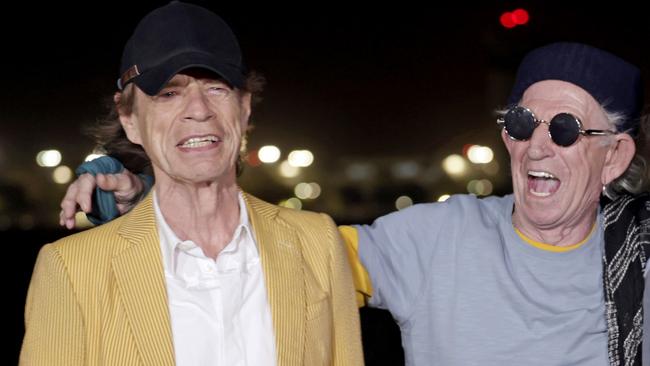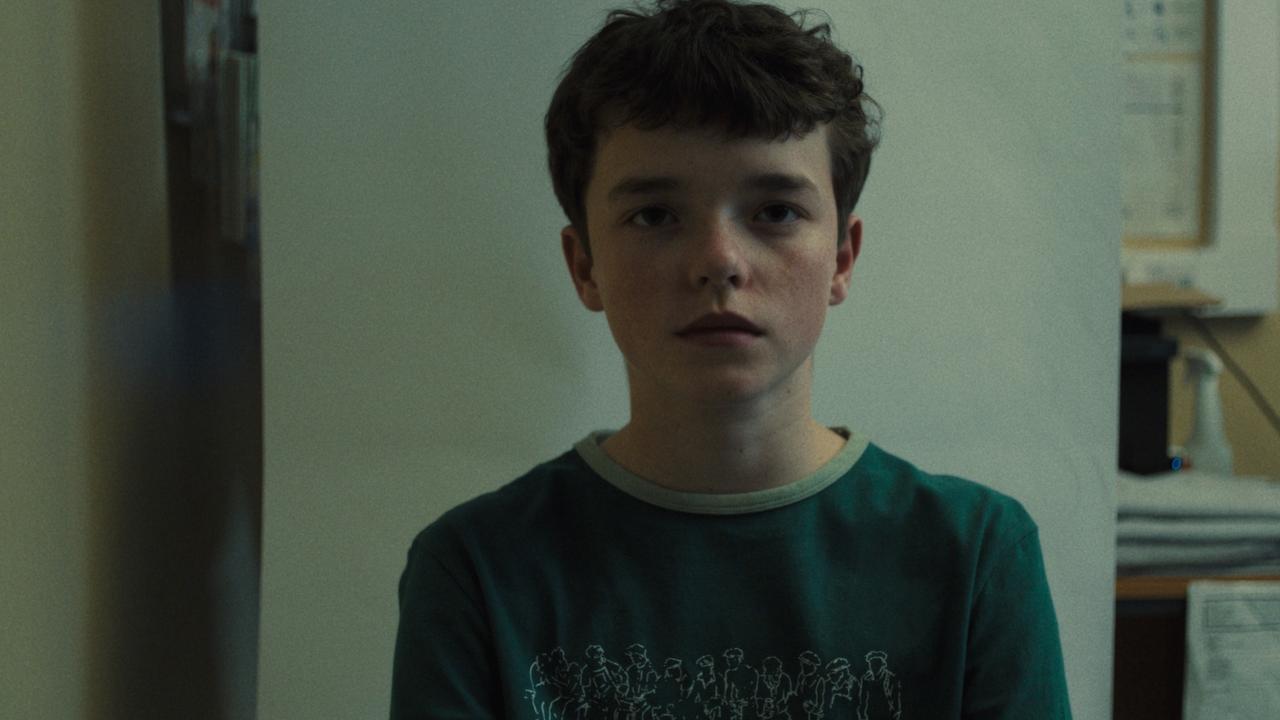Rolling Stones right to give Brown Sugar a rest
Cultural works shouldn’t be censored because one group at one time takes offence, but in this case the band does seem justified in retiring Brown Sugar.
Susie O'Brien
Don't miss out on the headlines from Susie O'Brien. Followed categories will be added to My News.
The times they are a-changin’, as Bob Dylan sang, and so are the songs.
The Rolling Stones have decided not to sing one of their biggest hits, Brown Sugar, anymore.
It’s amazing that a song can be a hit for decades, and even make it on the top 100 songs of all time list, and then get dropped.
But listen closely to the lyrics, and you won’t be surprised.
It makes references not only to slavery but also to beating women, paedophilia, rape and abuse.
This doesn’t mean the song should be erased from existence on all platforms.
Rather, it’s a sign the song has aged about as well as most of the leathery Lotharios in the Stones, and should be quietly dropped.
Even Mick Jagger, who wrote the song, has already stopped singing lines such as “hear him whip the women just around midnight”.

And yet poor old Keith Richards is unhappy. “I am trying to work out with the sisters quite what the beef is,” he said this week. “Didn’t they understand this was a song about the horrors of slavery?”
Er, no. Sorry, Keith, but it’s a little more spicy than that.
(Google the original name of the song, and you’ll see what I mean.)
While I am against the censorship of cultural works just because one group at one time takes offence, the band does seem justified in retiring Brown Sugar.
And yet we have to make sure we’re not treating dandruff by decapitation, as Frank Zappa would say.
The Stones would end up without any songs at all if they started censoring all the ones that offend people.
Will they next move on to tunes like Under my Thumb, Short and Curlies, Little T and A, Stray Cat Blues or Hey Negrita? The latter involves a poor man talking down the price of a prostitute. Classy.
There’s also You Gotta Move, which contains what some consider to be “aural blackface”, and Some Girls, which rates different ethnic women on their desirability.
Before we start burning the Stones’ backlist, we have to remember lots of other Stones songs that used to be considered shocking are now well accepted.

These include Let’s Spend the Night Together, which had to be modified to make it on TV when it was released in 1967, along with Honky Tonk Woman and (I Can’t Get No) Satisfaction.
You have to wonder where it’s all going to stop.
Some of our most-loved iconic hits could easily be erased by woke warriors keen to cancel aspects of our culture.
A boy named Sue by Johnny Cash? Transphobic.
Money for Nothing? Homophobic.
Fat Bottom Girls? Sizeist.
Babooshka? Cultural appropriation.
Turning Japanese? Racist.
And that doesn’t even include songs by rappers like Eminem, who sings about murdering his
wife and then committing suicide.
Some songs seem to be discriminatory when they’re actually highlighting prejudice, not perpetuating it.
Take Short People, by Randy Newman, which includes the line: “Short people got no reason to live”.
That song often makes top-10 most offensive song lists, but it’s a defence of short people, not an attack on them.
Many other songs branded as inappropriate are not.
A Boy Named Sue by Johnny Cash, for instance, is not about a boy who wants to be a girl, but about a boy given a girl’s name by his father, who abandoned him at the age of three.
Same goes for The Nips Are Getting Bigger by The Mentals. It’s not a commentary on nipples or Asian people, but drinking too much. You know, those nights when you “started out, just drinkin’ beer” and ended up pouring bigger and bigger shots of Jamaica rum … It’s clear many people out there are precious, easily outraged and looking for offence.
You can imagine they’d have fun with some of the biggest Aussie hits.
Come Said the Boy: Offensive to virgins.
Working Class Man: Classist and stereotypical.
Better Be Home Soon: Insulting to those who cannot leave their houses during lockdown.
Still call Australia Home: Offensive to those overseas who cannot return.
Boys Light Up: Setting a bad example of smoking.
Suicide Blonde: Harmful for those with mental health issues.
Love is in the Air: Upsetting to aromantics.
Flame Trees: Insensitive to bushfire victims.
Whispering Jack: Offensive to those with hearing loss.
As Van Halen sings, only time will tell if a song stands the test of time. Most do, some don’t.
In the case of Brown Sugar, if you’re still getting beef about a song 50 years after its release, then maybe it is time to give it a rest.




